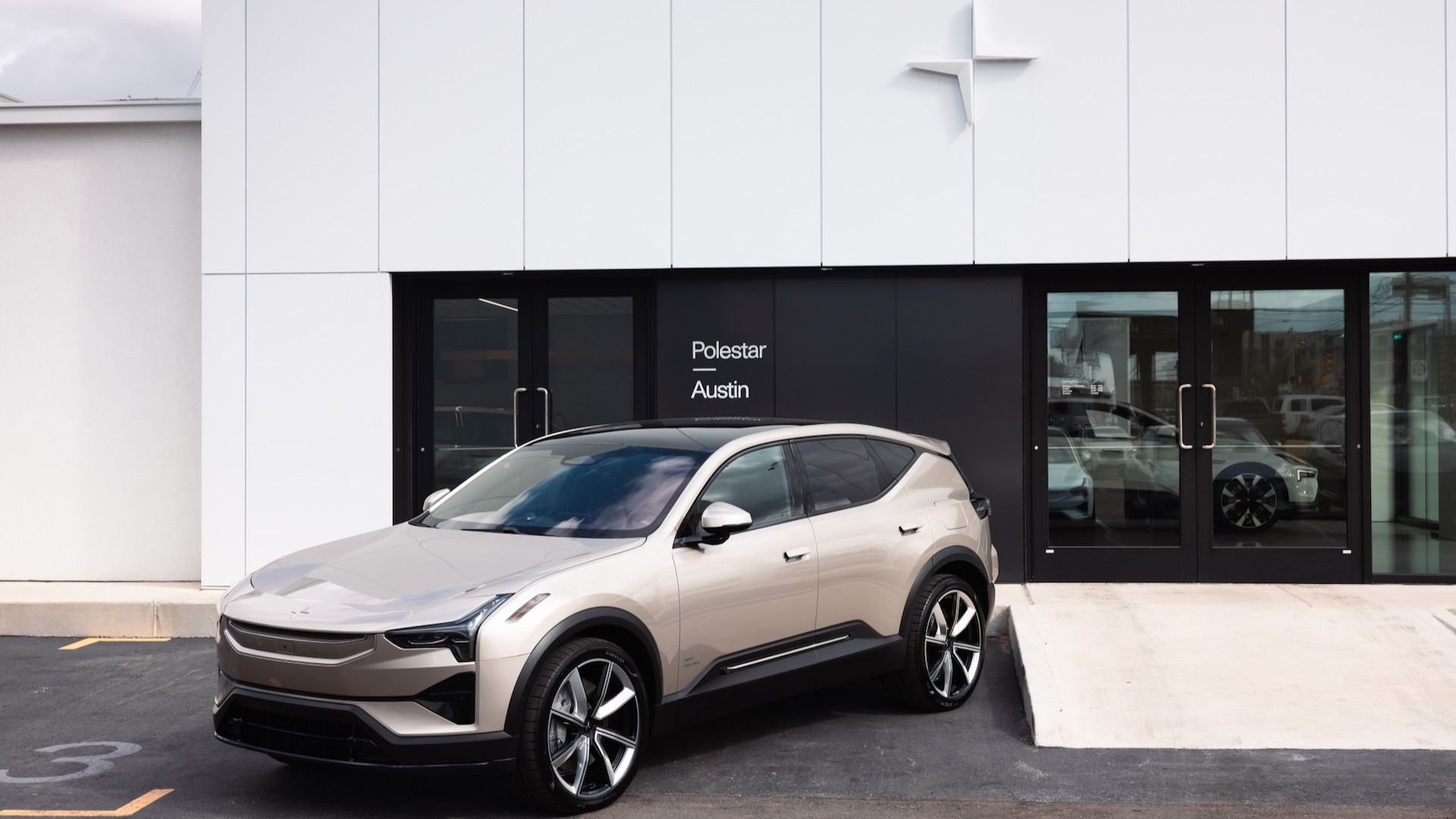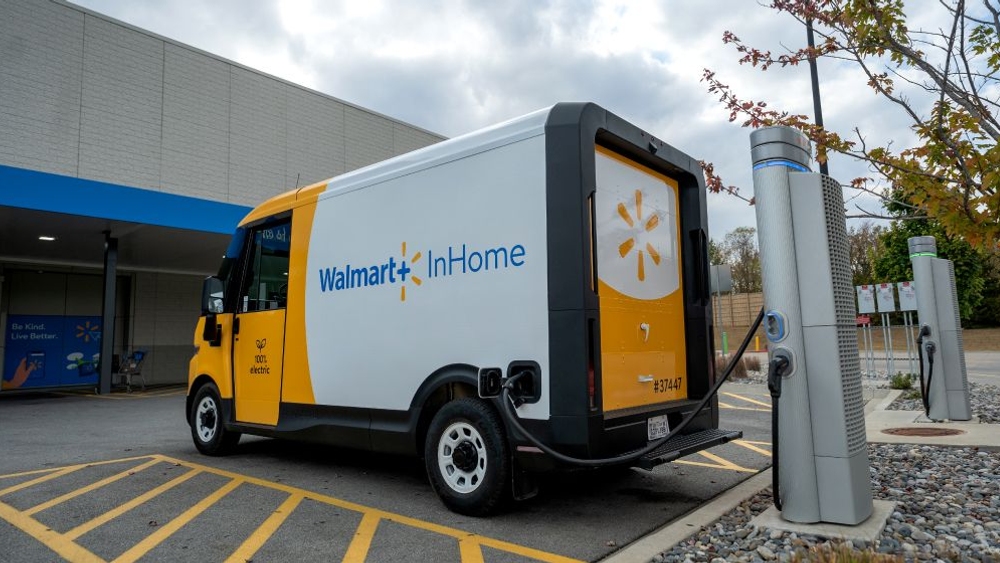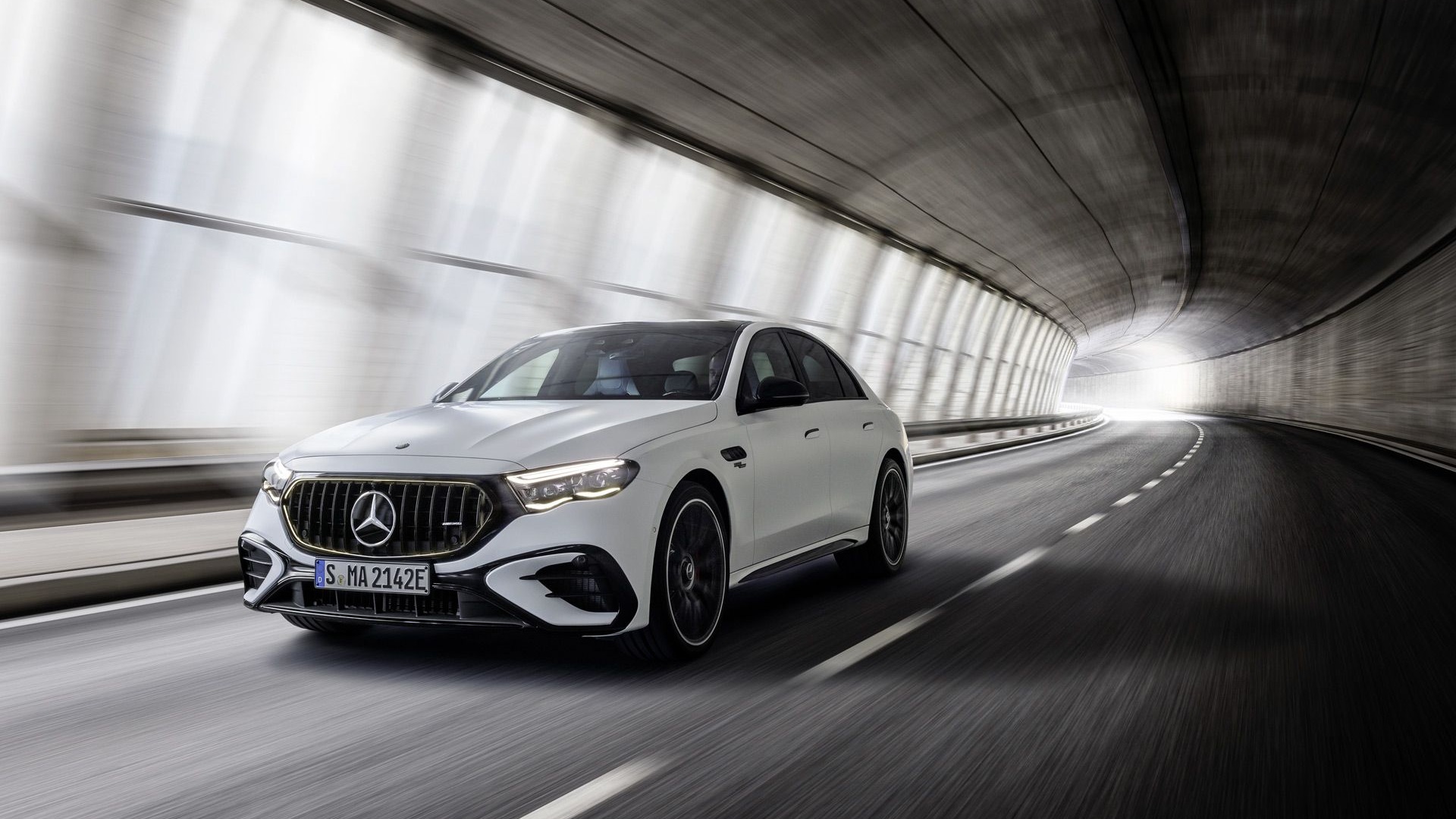Just three months ago, the average gas price crossed 4$ a gallon.
Now, oil prices have plummeted to their lowest level this year in response to the Standard & Poor's U.S. debt rating downgrade.
We'll continue to be whipsawed by changes in oil prices, reflected in the price per gallon we pay for gasoline.
That's just a fact of modern life.
76 percent: gas prices could triple in 5 years
But it turns out a majority of the survey group thinks oil prices could triple in the next five years. Would this do serious damage to the economy? Far more self-identified conservatives than self-identified liberals say it would.
The data is contained in a study, "Framing Peak Petroleum As A Public Health Problem," published last week at the American Journal of Public Health.
The researchers surveyed 1,000 adults in December 2009 and January 2010. The group was chosen to be representative of the U.S. population as a whole, and asked questions on their expectations for oil prices and the impact of major prices increases on society.
Peak oil, without saying so
The research team didn't ask directly about the idea of peak oil--that oil production will soon reach its maximum rate, and that future output will gradually decline, become more expensive, and cause more environmental damage.
Instead, they described various scenarios, including this one: "Some energy experts predict that oil prices will soon begin to rise dramatically higher, possibly tripling in price within five years. How likely do you think this is?"
Remarkably, nearly three quarters of the group felt oil prices were either "very likely" (24 percent) or "somewhat likely" (52 percent) to triple in the next 5 years, meaning gasoline would rise to almost $8 per gallon. Most oil analysts think that's quite unlikely, although not impossible.

Data from American Journal of Public Health study on impact of peak oil on gasoline prices
At the time the survey was conducted, the Summer 2008 gas-price spike of $4 per gallon was still fresh in respondents' minds, even though the prevailing price was far lower, at $2.60 a gallon.
Interestingly, both those who called themselves "very conservative" (53 percent) and those who strongly dismissed climate change (52 percent) were most likely to expect dire consequences.
Conservatives versus liberals
The researchers note that the "strongly ideological" on either end of the political spectrum pay more attention to public affairs, so may be more aware of the idea that petroleum resources are becoming more challenging and more costly to extract.
But a 20-percent difference in estimation of harm to the economy appears to have surprised the researchers. Roughly 60 percent of strong liberals said such a price rise would be "very harmful" to the economy, versus 80 percent for strong conservatives.
'More research needed'
The study authors suggest a number of possible reasons--among them a stronger focus on the economy, and information sources that place great importance on oil prices and energy security--for the stronger belief in severe economic damage among conservatives.
They note, predictably, that "more research is needed" to understand the "latent predispositions, background factors, and communication processes" that lead to the difference in risk perceptions.
The research is described on BigThink (link below), and you can read a PDF of the study and download the supplementary graphs at the Climate Shift Project web site.
[BigThink; hat tip: Richard Read]
+++++++++++













